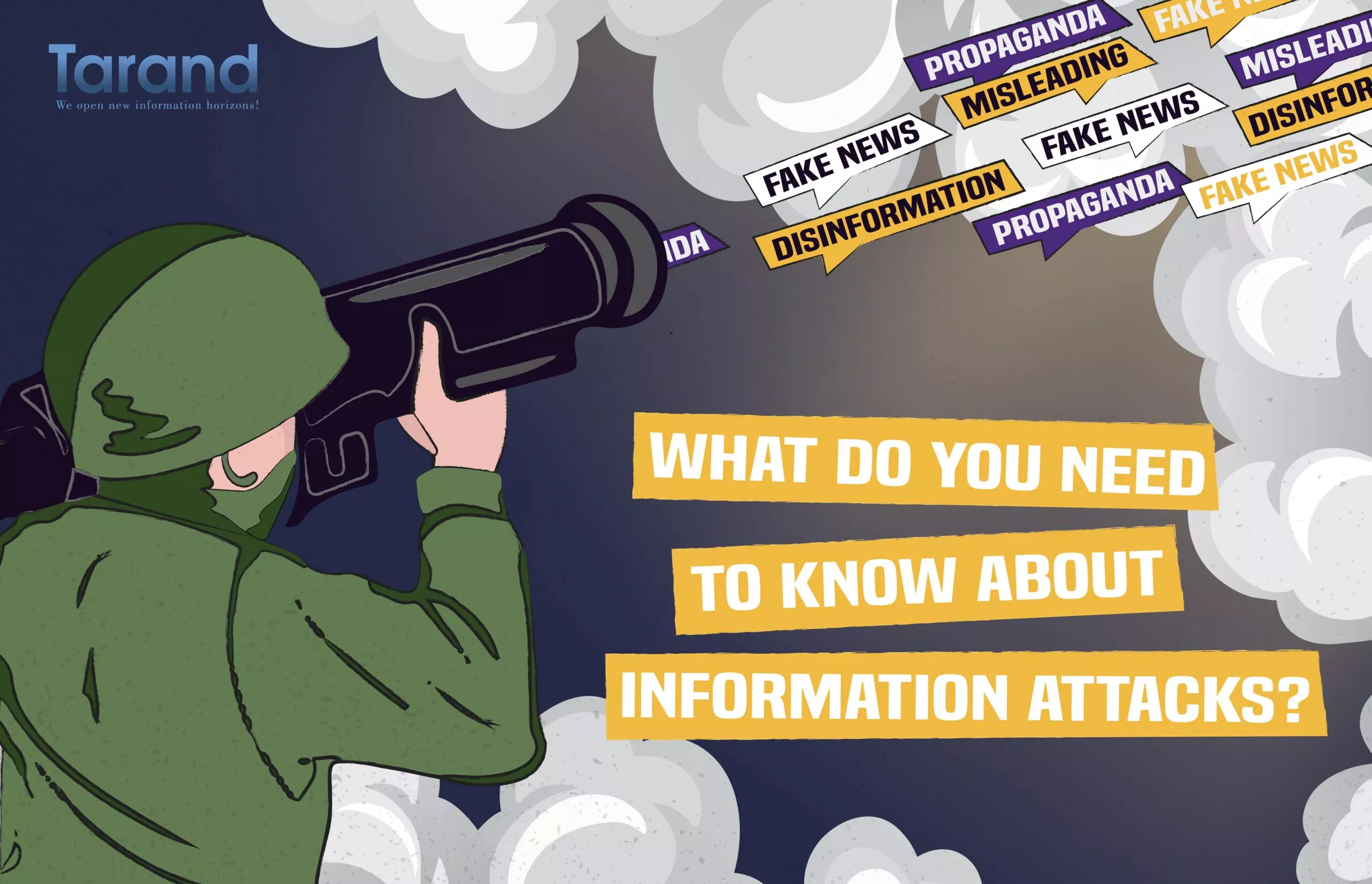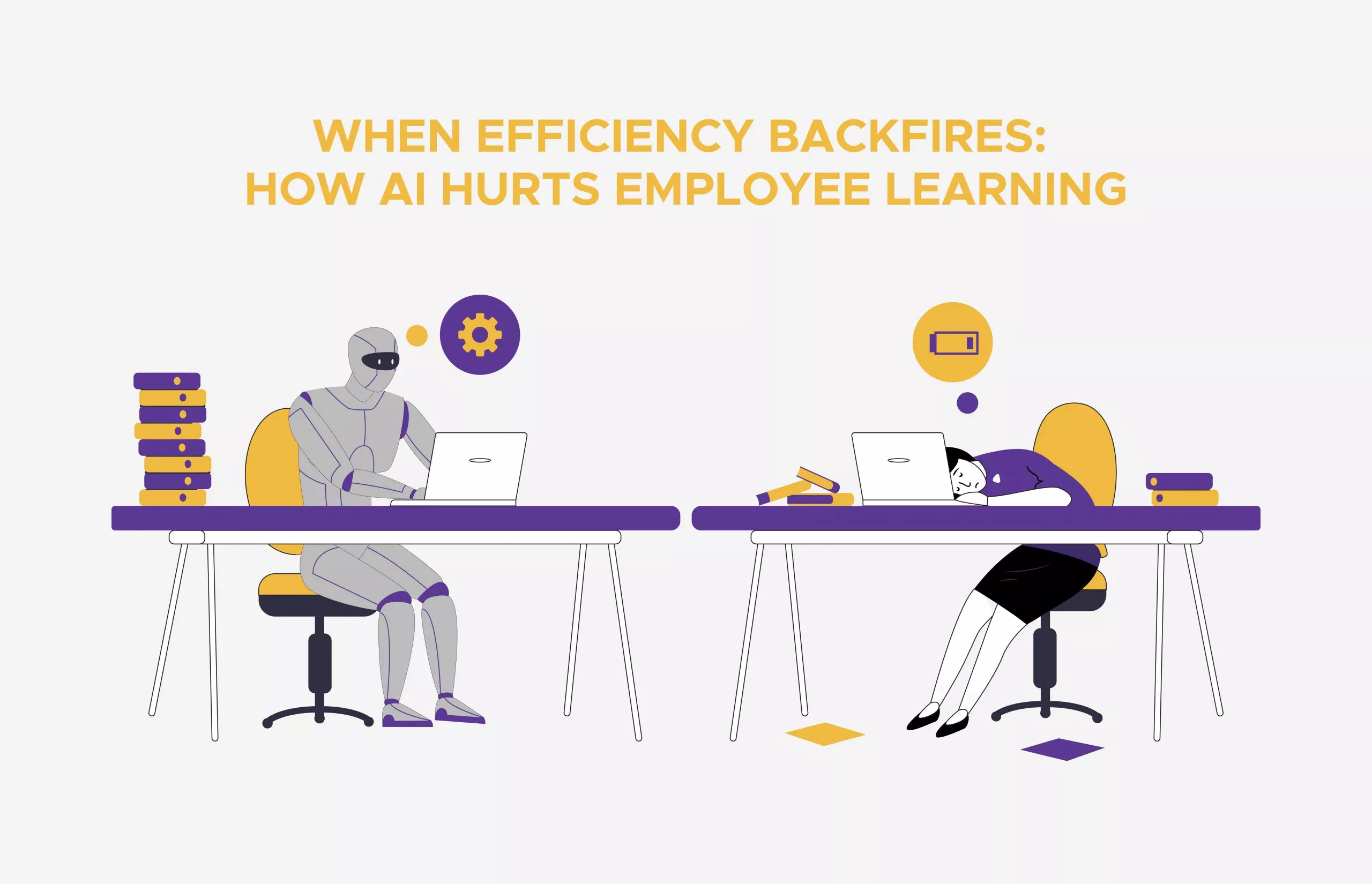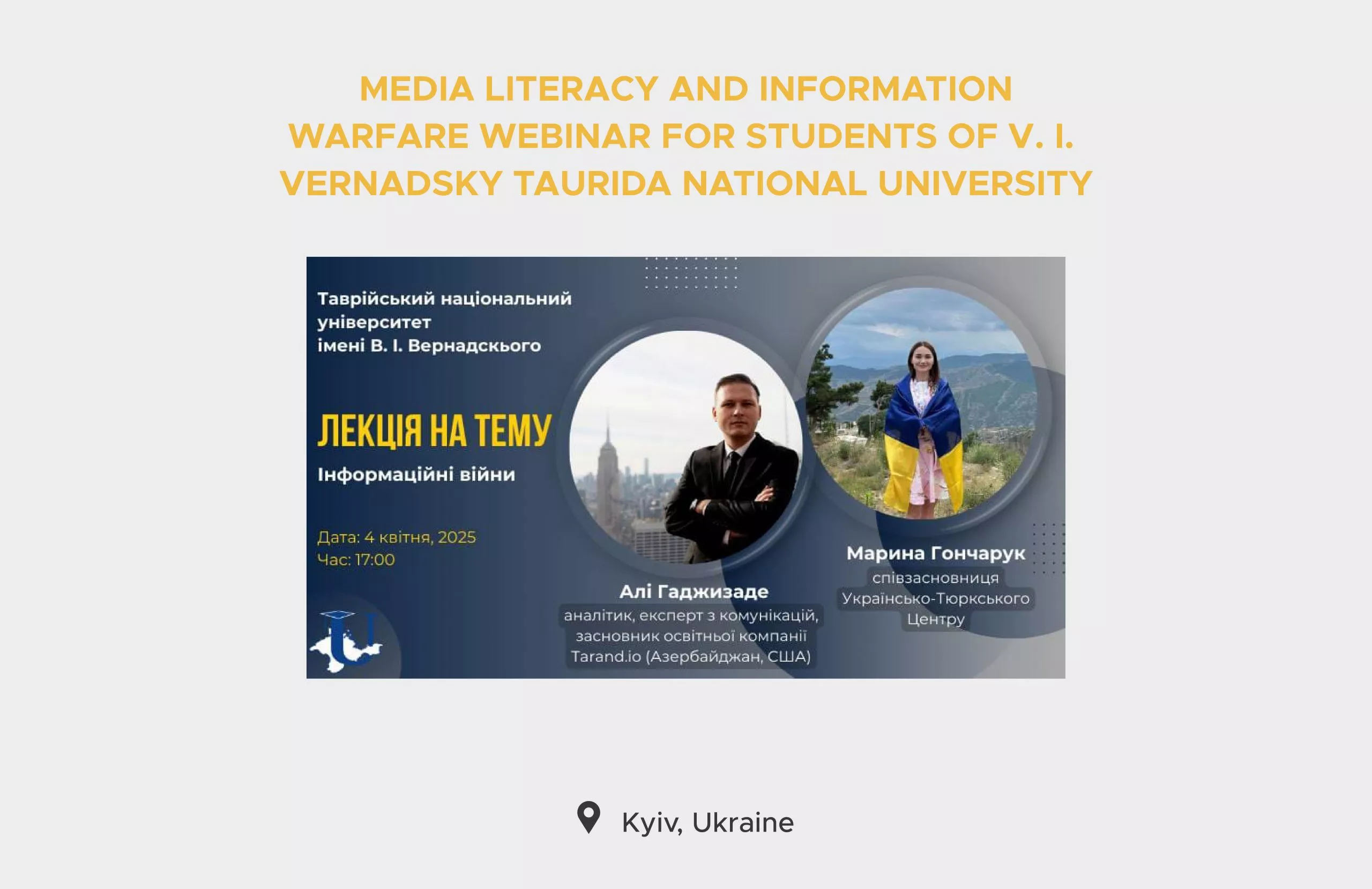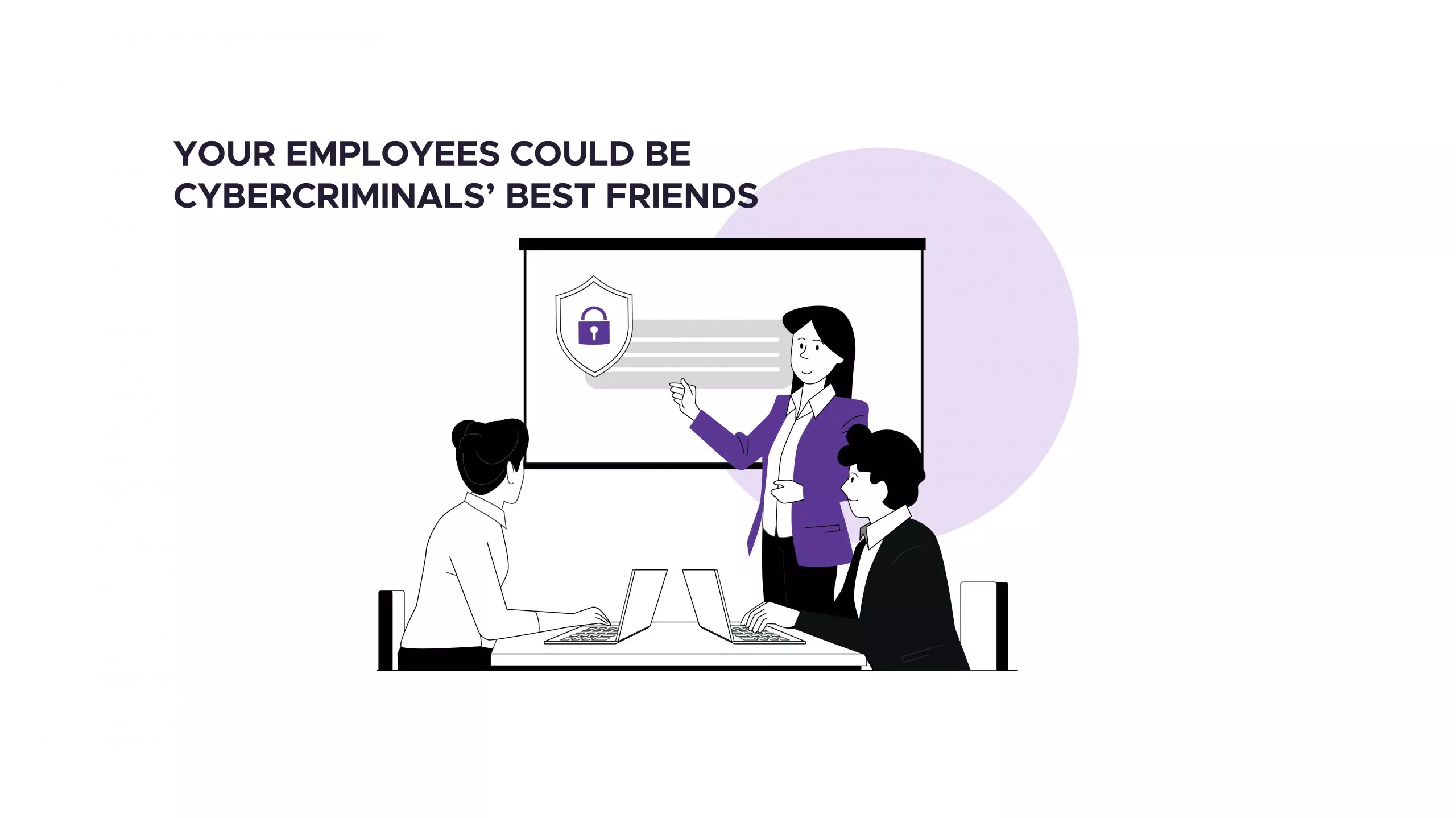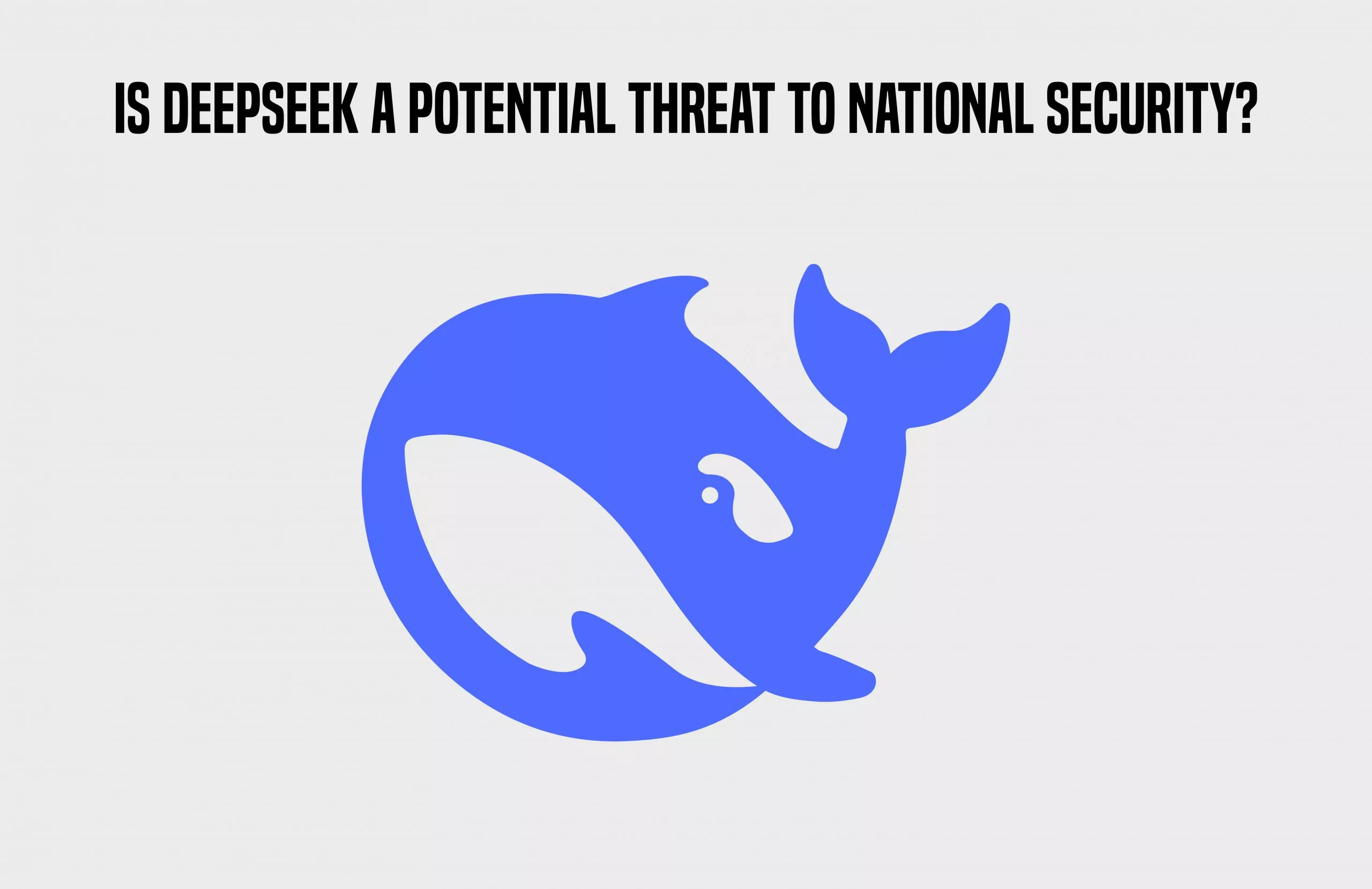When you run a quick Google search on “information attacks,” you will be confronted with plenty of information on “cyber warfare,” “cyber security,” and “cyber-attacks.”
But what about information attacks that are organized and carried out in social networks, mass media, cinema, and academic circles? How can you clearly identify these incidents to avoid confusion with cyber activity?
Western sources often use the term “Information Operations” – but this is a fairly broad term that encompasses a wide range of activities, including the cyber component and efforts to limit your adversary’s ability to collect information.
Instead, our team at and most other specialists prefer to clearly separate the concepts of “cyber-attacks” and “information attacks” for practical reasons.
Information attacks – with very few exceptions – do not usually include cyber element. One striking example of an information attack is the ongoing information war launched by Russia against Ukraine. This war has actually been waged since 2013, at varying degrees of intensity. Now, citizens of Ukraine are subjected to much more powerful and larger-scale information attacks by Russia than ever before.
Every day, Russian propaganda produces at all levels hundreds of fakes about Ukraine. In this post, we will not be providing specific examples and exposing each individual fake, so that we can fully focus on the technology and execution methods behind this activity.
Generally, Russian fakes can be divided into three distinct groups: First, fakes for the domestic audience, which the Russian authorities try hard to isolate from outside information; second, fakes for the citizens of Ukraine; and third, fakes for the West and the rest of the world.
It is important to understand that no one is safe from the kind of information attacks that Ukrainians are now subjected to. Even readers of this post whose country is not involved in the war can still become the target of such an attack. Suffice it to recall the Russian interference in American elections, or the information war between France and Russia in Central Africa. China and Russia have also been actively engaged in information attacks during the ongoing COVID-19 pandemic in an attempt to use the situation for geopolitical advances.
It is worth pointing out that information attacks can be organized and carried out not only by state actors, but also by various non-state actors, including political parties, rebel and interest groups, and even corporations. That is how residents of an entire country, inhabitants of a certain region, representatives of specific religious, ethnic, or social groups, businesses, NGOs, and even individuals can all become targets of information attacks. There are no guarantees in place that you will not become a target. No one is immune.
Information attacks directed against specific countries can result in civil unrest; and attacks targeting businesses may even lead to their bankruptcy. Individuals can also suffer dire consequences, such as a ruined career, reputation, or even suicide.
Much depends on how carefully and accurately the information attack was planned, which depends on the power of the attackers’ information infrastructure, and of course on how well the potential victims are prepared for such attacks.
Presently, more and more countries and corporations begin to realize the danger that information attacks pose; and consequently, many potential targets around the world create or strengthen units tasked with monitoring and combating information attacks.

